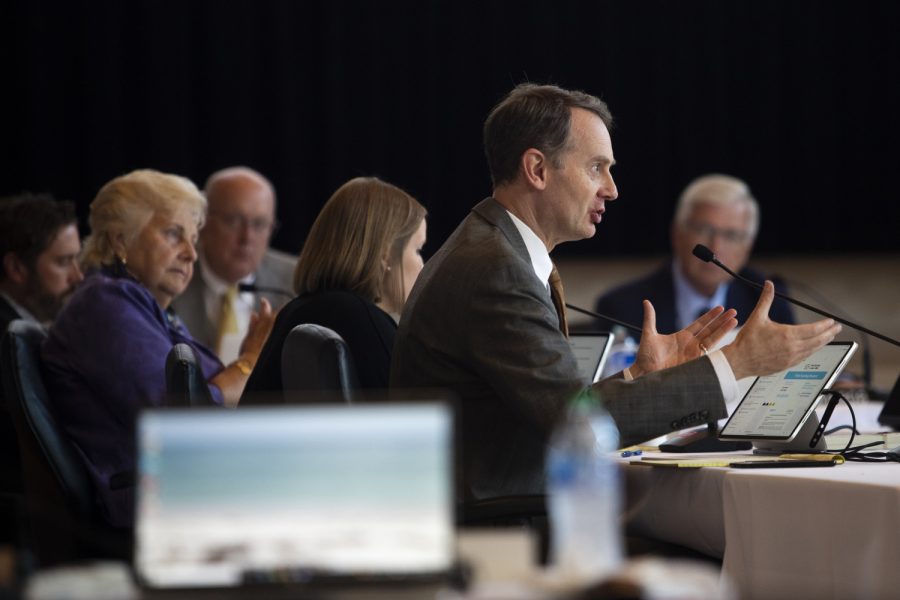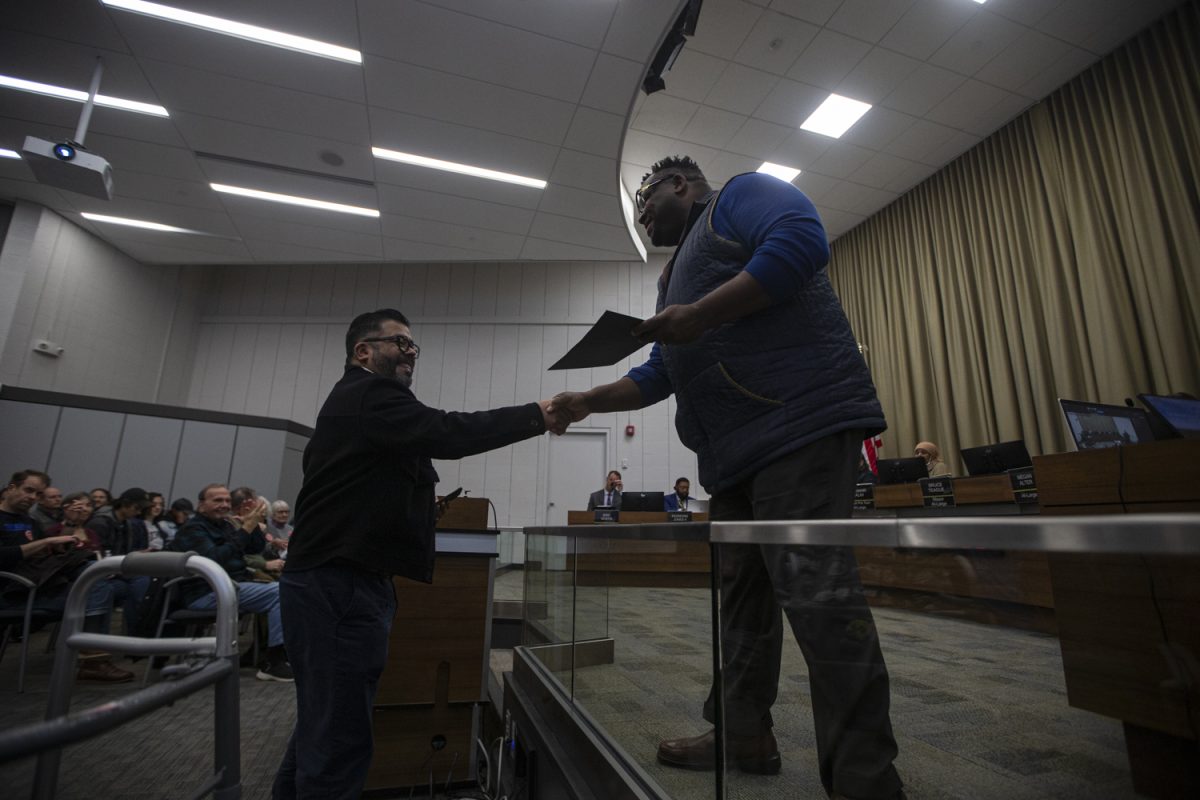This year, the John Paul II Medical Research Institute received the most donations it has ever seen.
“We received funds through the Ice Bucket Challenge,” institute President Jay Kamath said. “There wasn’t a whole lot that we did on the marketing base to gather funds. It was the efforts of the people who conducted the videos.”
Thus far, the institute, which has taken a stance against using embryonic stem cells in research, has received more than $400,000 in donations.
Those who have views that align with the institute have decided to send donations its way.
“When the Ice Bucket Challenge came up, there were a lot of people who were opposed to giving to the ALS Foundation because they use embryonic cells [for research],” Kamath said.
Instead, the John Paul institution uses induced pluripotent stem cells and other adult stem cells.
Such cells have many of the same features as the embryotic stem cells, but instead of extracting them from an embryo, cells are taken from patients and are genetically reprogrammed into a very primitive embryotic life stem cell.
Alan Moy, the founder of the institute, said his Catholicism influenced his choice to not use embryotic stem cells.
“You can produce the same characteristics without the controversy, and you can do it at a significantly lower cost,” Moy said.
Kamath said the donations will help raise $1 million for a “clean room,” which is a room to conduct clinical trials for ALS research. He hopes to see that goal met by the end of 2014, so the institute can continue research.
The institute’s stance on refusing to use embryotic cells has caught the attention of area Catholic churches.
Father John Spiegel of St. Mary’s Catholic Church in Iowa City said St. Mary’s has donated to the institute to support its general research.
“I believe that in this day and age, people need to keep in mind the moral directives of their church regarding life,” Spiegel said.
Although the institute follows pro-life values because of religious reasons, it contends that it has seen research that shows there may be disadvantages to using embryonic stem cells.
Of the $400,000 the institute has raised, Kamath said “close to half or a little bit more than half is earmarked for ALS research.”
Though most of the funds go toward ALS research, Kamath said, the institute works in four core areas: cancer, neurological diseases, rare diseases that affect children and have a high mortality rate, and adult stem cell therapy.
Kamath said the institute also prides itself on devoting a larger percentage to research as opposed to administrative expenses.
“We devote anywhere from 55 to 60 percent of money we get to research,” Kamath said.
According to the online annual report of the ALS Association, 28 percent of funds have gone to research, while the remaining 72 percent has been divided among administration, fundraising, public and professional education, and patient and community services.
Erin Springer, a nurse clinical specialist for the ALS clinic at the University of Iowa Hospitals and Clinics, said she doesn’t think there is one study that should be supported more than any other.
“I think it would be very hard to pinpoint where [the funds] should specifically go, because there’s multiple research [studies] going on,” she said.
Kamath said he encourages people who choose to donate to ask themselves if the research they are supporting is something they are OK with morally as well as ethically.
“It’s important to know where your money is going and how it is being utilized,” he said.






